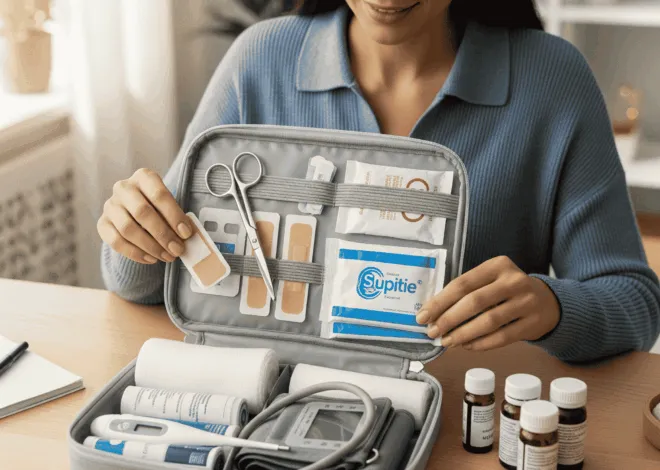Cholesterol affects your body differently than it does a man’s body. This could be, in part, to your estrogen levels. High estrogen, like the levels you produce during your most fertile years, raises good cholesterol and reduces heart disease risk, according to the American Heart Association. On the flip side, women have higher triglyceride levels than men, as a general rule. A heart-healthy lifestyle and medication can help you get your total cholesterol to a safe level and keep it there.
You Levels
Your total cholesterol should ideally be less than 200 mg/dL, according to the American Heart Association. That number alone doesn’t tell the whole cholesterol story. It’s made up of three values which measure the three kinds of blood lipids. Your high-density lipoprotein, or HDL cholesterol, is actually best when it’s high. This good cholesterol prevents your arteries from clogging and should be higher than 60 mg/dL. Low-density lipoprotein, or LDL cholesterol, is the bad, artery-clogging kind and should be less than 100 mg/dL. Triglycerides are partly influenced by how much sugar you eat, and should be less than 150 mg/dL.
How it Happens
There are two causes for high cholesterol: diet and heredity. Hereditary high cholesterol runs in families and can strike even healthy adults who eat well and exercise regularly. Medications are often the most effective way to treat hereditary high cholesterol, but it can be treated with diet and exercise. Dietary high cholesterol happens when the foods you eat and/or your lack of exercise leads to excessive cholesterol in your bloodstream and in your arteries and heart. Diet and exercise can greatly improve this common type of high cholesterol, as can medication.
Lifestyle Changes
They way you take care of yourself has a substantial impact on your cholesterol levels. Regular exercise of at least 30 minutes per day, most days of the week, can lower LDL and increase HDL cholesterol, thereby lowering your risk of heart disease. Exercise also helps control your weight –another contributing factor to your cholesterol levels. A high-fiber diet rich in fruits, vegetables and whole grains also helps lower bad cholesterol, according to the American Heart Association. Other steps you can take include limiting alcohol consumption, cutting back on sweets and lowering your saturated fat intake. Food rich in omega-3 fatty acids can improve your LDL cholesterol when eaten on a regular basis.
Medical Solutions
A variety of medications are used to treat high cholesterol. Statins are perhaps the most common, reducing LDL cholesterol and triglyceride levels. They may also slightly raise HDL cholesterol. Cholesterol absorption inhibitors have a similar effect on your cholesterol levels. Some people benefit from a combination of these two drugs. Bile acid binding resins only work to reduce LDL cholesterol, while fibrates address high triglycerides. Supplements like niacin and omega-3 fatty acids are often also prescribed as part of a cholesterol-reduction plan.
Your Risks
If you don’t get your cholesterol under control, you dramatically increase your risk of heart disease. As cholesterol builds in your heart and arteries, it can block blood flow and cause a stroke or heart attack. Impeded blood flow means your heart has to work harder to pump your blood through your body. Many people with high cholesterol experience other heart disease risks, like obesity, high blood pressure and diabetes. The lifestyle changes that work to improve cholesterol, such as exercise and a heat-healthy diet, can also improve these related risks.





